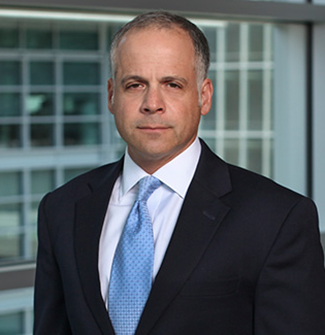Back in May we discussed ATP Tour, Inc. v. Deutscher Tennis Bund a seminal Delaware Supreme Court case that upheld a non-stock corporation’s “loser pays” fee-shifting bylaw. ATP Tour held that where a Delaware corporation adopts a fee-shifting bylaw, it can recover its fees and costs from any shareholder that brings a derivative lawsuit and loses. Many commentators have suggested the case would effectively kill derivative actions in Delaware and indeed, since the time of that decision, the Delaware Corporation Law Council has proposed amendments to the Delaware General Corporation Law that would limit its applicability to only non-stock corporations.
Last week the Oklahoma State Legislature went a step further than ATP Tour and amended the Oklahoma General Corporation Act to specifically require fee-shifting for all derivative lawsuits brought in the state, whether against an Oklahoma corporation or not. Unlike the fee provision in ATP Tour, however, the law also affords derivative plaintiffs the right to recover their fees and costs should they win final judgment.
The difference is likely substantial. For while the law will potentially chill unmeritorious derivative actions, also known as “strike suits,” it could also provide an incentive for derivative plaintiffs with strong claims. Where shareholders use the “tools at hand”—including books and records inspection requests—to carefully vet their claims before filing, the promise of a fee recovery could encourage shareholder plaintiffs to bring claims they otherwise might not.
Consider: in the typical derivative lawsuit, the shareholder plaintiff stands to gain nothing tangible if he or she wins. Because he or she is suing on behalf of the corporation, any recovery will inure to the corporation itself. Thus, under the old regime, even if a derivative lawsuit was successful, the plaintiff would receive, at most, any resulting increase in the value of his or her company stock. Under the new statute, that same plaintiff could stand to receive the not-insubstantial costs of his or her efforts.











